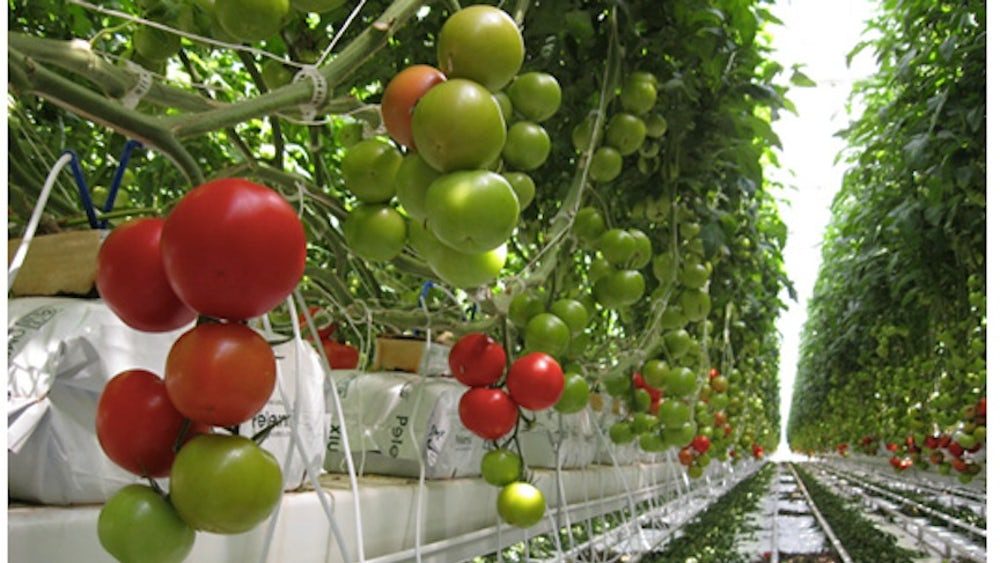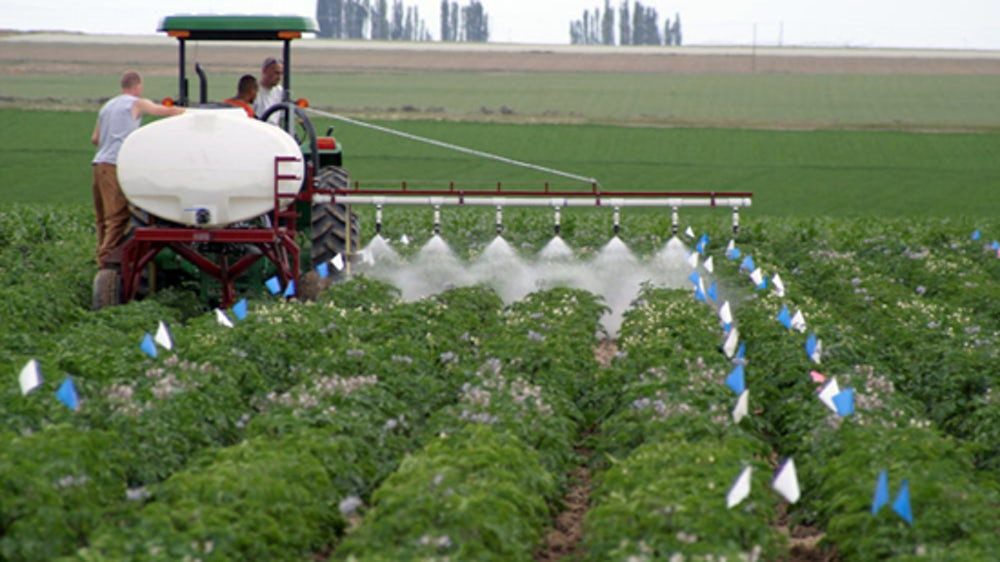A few years ago about vertical farming and drip irrigation, Sheikhpur Khalasa village Kisan Deepak Khatkar in Karnal district of Haryana did not know but today using this technique they are generating four-fold vegetables than before. It has been so that in collaboration with Israel, these were trained at the Agricultural Centre opened in the homeland of Haryana. Deepak Khatkar said " Israeli agricultural experts in the Agricultural Centre opened in collaboration with the Government of India and Israel trained modern farming with Israeli technology. After which I have been producing tomatoes, seedless cucumbers, eggplants and colored shimmer peppers. ""
He said that the first had traditional cultivation of wheat and barley but growing four times more vegetables than before. It is a liberalization of how Israel can lead to the second Green Revolution in India. Professor Khurshid Imam, who has been researching Israel for a long time and currently teaching the Israeli language Hebrew in Jawaharlal Nehru University, New Delhi, explains " The second Green Revolution in India has to bring about the help or lesson of the Israeli Agricultural Technology. ""
He told Israel is the World Leader in Modern Agricultural Technology. Israel’s success is due to the strong faith and accurate use of farmers and scientists, as well as mutual cooperation between research, development and industry. The lack of land and water sources from these uniqueities, as well as the number one in Israeli agriculture in adverse weather. ""

Professor Khurshid Imam reported that Prime Minister Narendra Modi talks about bringing the second green revolution in the country, in such an Israeli visit, he must compromise between the two countries on agricultural technology. Bihar and Uttar Pradesh have a very large land area where good farming can be done here with Israeli agricultural technology.
Israel first told the whole world to be well cultivated using residual, saline and recycling water in irrigation. The modern micro irrigation method for raising yields and water conservation and the way of composting with irrigation also told Israel to the world. To develop the finest standard nursery to create disease-free germination for vegetables and gardening.
Using protected farming, which also increases yields in adverse weather and reduces pesticide use. Controlling the irritability, preservation of plants, use of canopy method, use of plants of new varieties and also increasing and expanding garden related crops using hybridized seeds and new rootstock. Israel also taught products to maintain fresh for a long time using Post Harvest technique and to maintain its quality.

The first agriculture agreement was taken in 2008 between the bharat and Israel. The Action Plan was set up for three years between the Ministry of Agriculture of India and Israel in the year 2011 which has been working on a number of schemes of agricultural development and research in different states in collaboration with the Central Government and State Governments.
The 2 distinct centres related to agriculture in Haryana are fully employed in the end of these schemes, one is in the house of Karnal for vegetables and the second is in Mangiana of Sirsa for fruits. In view of the success of these centres, the Government of Haryana has announced the opening of similar centres in the state. Similarly, the work for setting up of three distinct centres in Maharashtra is being opened in Nagpur for the centre of Nebu Caste, the centre of Anar in Rauri, the centre of Kesar Common in Aurangabad and the centre for Alphonso Common at the Dopoli Centre.
South Indian states have also been working on schemes to promote agriculture in Israel. which plans to open a specific centre for vegetables in Dinigul, Tamil Nadu and for flowers in Krishnagiri. Specific centres for pomegranate and vegetables are being built in Bassei, Rajasthan. Here is the plan to open the centre for Nibu Caste in Kota and for Khajure in Jaisalmer. The two distinct centres in Punjab are the beginning of the specific centre for vegetables in Nebu caste and Jalandhar in Hoshiarpur. For the common in Junagadh of Gujarat and for vegetables in Vadodara plans to open specific centers.
For the common in the Kollar of Karnataka, it is considered for pomegranate in the armpitcoat and for the specific center opening for vegetables in Belgaon. Further, work is underway to set up agricultural cooperation schemes in Uttar Pradesh, West Bengal and Bihar. The International Development Cooperation Institute of Israel under the Ministry of External Affairs in these schemes of various states is also collaborating with institutions such as the International Agricultural Development Cooperation Centre and National Park Mission under the Ministry of Agriculture and Rural Development (CINADCO) of India.

